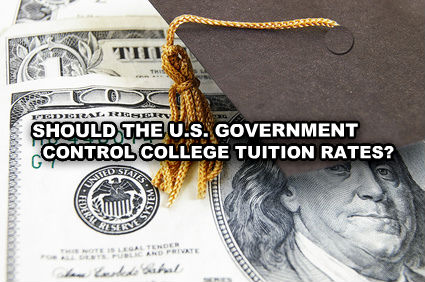
Since 2007, many schools—like Illinois State—have seen costs raise nearly 47 percent. At the University of Alabama, in-state costs for a freshman (including room and board and books) now total $19,406 ($33,906 for out-of-state students), according to The College Board. To attend Samford University, Alabama’s largest private college, students can expect to pay $26,328 annually (includes tuition, room and board, and books).
Obviously, an education is one of the greatest investments a person can make in his or her life. With the exceedingly high costs, however, taking that step is becoming increasingly difficult, limiting many who can afford higher-education.
In an effort to control soaring costs, President Obama recently introduced a plan to force colleges and universities to contain tuition or face losing federal dollars, according to a recent USA Today article.
While this plan may seem helpful to students and parents on the surface, many education leaders are now worried about the threat of government overreach.
Many schools, especially public universities, are already having trouble covering deficits. Without increases in tuition, some presidents are worried about the product of the school. They indicate that, yes, the undergraduate experience can be made cheaper, but there’s a trade-off—one that includes hiring mostly part-time, adjunct faculty and teaching in larger lecture halls. In the minds of many education leaders, this would dilute the product and hurt the overall educational experience for students—basically, less value for your dollar.
There are supporters of the proposed plan. In Missouri, for example, schools must already limit such increases in annual inflation rates unless they receive permission for larger ones. The state’s governor feels Obama’s plan will only back what is already in motion in Missouri.
At Martinson & Beason, P.C. we see the rising costs of tuition affect many our clients and their families. We want to hear your take on the issue: should the U.S. federal government intervene with rising tuition costs? If so, what measures should it take to limit the costs? Will government involvement dilute the educational product?
Photo Credit: Flickr contirbutor, SalFalko